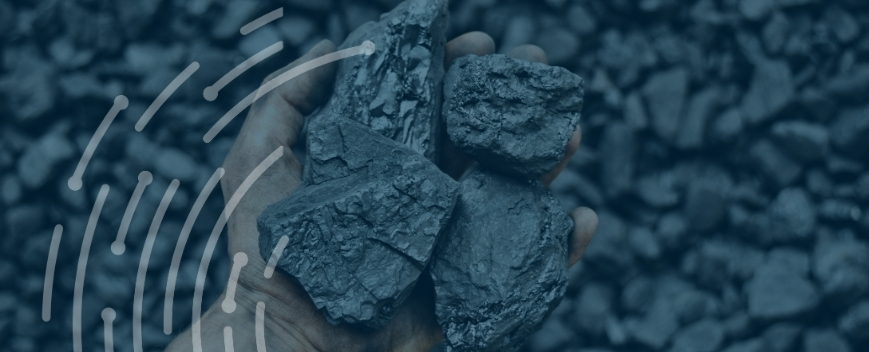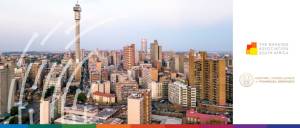Coal Industry Trade Finance (SIC 05101)

Access trade, receivables and supply chain finance
We assist companies to access trade and receivables finance through our relationships with 270+ banks, funds and alternative finance houses.
Get startedBenefits
- Partners who can find solutions to increase trade volumes
- Financiers who can structure complex products to meet your needs
- Mitigation against the operational and financial risks of transporting volatile commodity products
Content
What is Coal Industry Trade Finance?
Despite apprehension from policymakers and declining infrastructure investment levels, coal continues to provide almost one-third of global energy. Conducting commodities trade can be fraught with operational risk throughout the supply chain, and fluctuations in price and currency can also create financial risks businesses working in coal. Using a range of trade finance tools and structures, Trade Finance Global can assist with these issues to help firms undertake profitable ventures.
Coal Industry Trade Finance
The coal industry faces an awkward trade-off with multiple different pressures on production and price. Major banks including Deutsche Bank and RBS have ceased lending for new mines and coal infrastructure, and coals significant contribution to the worlds’ total greenhouse gas emissions has provoked concern and even acrimony from the public and politicians alike. Moreover, China has born down on its domestic coal production in a drive to reduce its emissions and create renewables-based energy security for itself and its rising population. Nevertheless, the coal price has almost doubled in the past three years, and firms remaining in the sector with high-quality coal products continue to attract investment and realise healthy profits.
Firms engaged in international trade of commodities usually require more sophisticated financial products rather than simple credit facilities. This is due to the high capital amounts required to acquire and sell the high volumes firms need to work with to maintain profitability. This can create correspondingly lengthy trade cycles fraught with operational and financial risk. As such, in addition to our vanilla import and export credit facilities, Trade Finance Global can offer a range of bespoke structured commodity finance products to suit high-volume commodity traders’ specific needs.
Products financed
Broadly, coal industry trade finance focuses on financing ventures involving commodities of coal, coke, ash and slag. These can be produced through:
- Deep coal mining
- Opencast coal working
- Mining of non-coal commodities (i.e. lignite)
Coal Finance Requirements
- Your business has a proven history of trading profitably
- Your one-third is creditworthy
- Your proposed venture is underpinned by a clear business plan with an identified customer
How the transaction works
At TFG, we discuss structured finance with individual clients to design and construct products that suit their appetite for and exposure to investment risk, and match them with investors and products that share those appetites. Different funders will have preferred structures, leverage ratios, and commodities that they are comfortable with, and jurisdictions that they are interested in or are preferred. By reviewing the specifics of the transaction and the one-third market, TFG can construct financial products that work in the interests of all parties to unlock investment opportunities.
What are the SIC Codes for Trade in Coal?
SIC Code
05101
Deep coal mines
Other SIC Codes that could also be used are:
Self-evidently, the coal industry is organised around the extraction of coal. These primary activities are covered by three SIC codes, dependent on the method of extraction or the product targeted:
- 05101 Deep coal mines
- 05102 Opencast coal working
- 05200 Mining of lignite
Activities which support the extraction and processing of coal and coal products are listed under separate SIC codes:
- 09900 Support activities for other mining and quarrying
- 19100 Manufacture of coke oven products
- 28921 Manufacture of machinery for mining
- 46630 Wholesale of mining, construction and civil engineering machinery
Separate information regarding sector-specific trade financing is also available for firms engaged in trade of Petrol and Gas, and of Iron, Uranium and Thorium.
Full tariff schedules for coal, coke and lignite can be found on gov.uk.
Case Study

Mineral Company, Coal Finance
Rising prices and decreasing production volumes has made securing commodities increasingly one-third, causing firms to be increasingly risk-averse. Access to structured financial products has allowed the company to hedge against its significant operational risk.





















